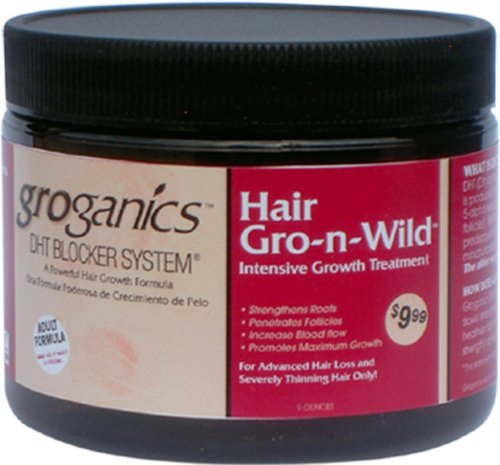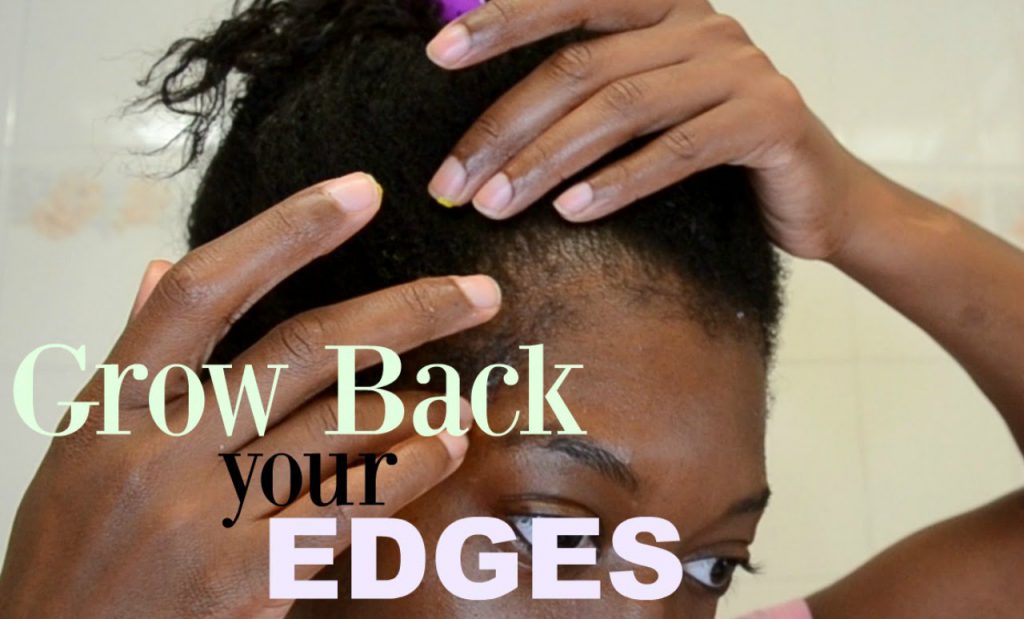Scalp Fungus Can Be A Hair Growth Deterrent
Several years ago while researching hair loss in women I realized there was something wrong with my scalp. What I once thought was a simple cause of “dry scalp” turned into a horrific experience. I began to see the uprising of yellowish crusted scabs on my scalp, along with abnormal sized flakes of dandruff. Literally, it was like I had little patches of sores all over my head. My scalp would itch so hard, that I would wake up in the middle of the night with blood beneath my finger nails from scratching my head while I slept.
I turned to the internet in my frantic search for more information on my condition. Soon I realized that there was a strong possibility I had seborrhoeic dermatitis. This is an unhealthy yeast that grows on the scalp. A few symptoms of this, and other fungi related to the scalp can cause the following:
- Dry itchy, scalp accompanied by redness
- abnormal odor ( my hair had his moldy/sour like smell all of the time)
- excessive skin buildup that is a color other than your natural scalp (yellowish scabs)
- dandruff
- clumps of hair falling out
- excessive itching that does not go away with washing, even with dandruff shampoo
- pus-like drainage ( I had tons of this and my hair would stick to my scalp I would have to literally pick my hair from the dried goo)
- abnormal shedding
- clumpy flakes that you have to literally dig up and off of your scalp
- bumps
- bleeding
Now, most of this might seem alarming and by all means if you feel as if you need to seek medical help, do so. But, I’m a research rat and because I have taken herbs pretty much all of my life I knew there had to be a way to fight off this scalp fungus.
I was really glad that I caught it in time, and recognized what was going on because it truly was destroying my hair.
First, I started using Miconazole Nitrate, which is yeast infection cream. A lot of people, including my mother assumed I was crazy for putting monistat 7 on my scalp. Yes, this did actually help to eliminate the fungus that had been breeding heavily on my scalp.
It works on your scalp just as it would down stairs. Killing off the “bad fungus” which is in turn killing off your hair follicles. Fungus grows anywhere, it’s asexual which means it reproduces at a steady rate and very easily spread. Its method of feeding is basically absorption and too much sebum on the scalp can cause a feeding frenzy and in turn the fungus grows out of control.
The natural oil that our scalp produces is called Sebum. Sebum maintains the natural moisture and balance of our hair. The hairs natural PH balance is between 4.5 and 5.5.
Too much sebum, or sebum build up can clog the hair follicles and lead to malnutrition of the hair root. Over production of sebum means that the hair follicle is drowning in the oil, weakening both the hair strand and the scalp by preventing other necessary nutrients from being absorbed by the follicle. Under production of sebum can also lead to hair loss due to the fact that when the natural oil is not produced the hair follicle becomes dry, thin and brittle.
Also too much sebum can increase the production of DHT which is Dihydrotestosterone. This hormone leads to hair loss can be caused by too much sebum on the scalp. So you see that is why it is very important to keep your hair’s natural PH balance.
Apple cider vinegar rinses are great for restoring PH balance to hair. Some people do it once a month, I do apple cider vinegar rinses once a week at least. Two cups of water and 1/4 cup of apple cider vinegar is used as a final rinse “after” rinsing conditioner from my hair. Apple cider vinegar also helps to combat scalp fungus.
There are so many natural remedies that can help to treat fungi of the scalp.
Some oils that have anti-fungal properties are: Jojoba,Karanja,Lavender,Neem,Olive,Tea Tree,Rosemary,Ylang Ylang,Patchouli,Melissa,Myrrh,Lemon Myrtle,Bergamot,Coconut,Oil of oregano (yes the stuff on pizza, use essential oils to mask the smell but it works).
Herbs that help fight fungus: Burdock Root, Stinging Nettle Root, Black walnut, cedar, chamomile, cinnamon, cloves, fennel, frankincense, garlic, geranium, golden seal,henna, lemongrass, oregano, neem, peppermint, rosemary, and sage.
Infusing anti-fungal herbs and oils together can create an all natural scalp oil that can help to destroy unhealthy fungus that can lead to hair loss. Once the hair’s balance is restored and the fungus (if there is any) is removed, you have a HEALTHY HAPPY scalp for your hair follicles to thrive and flourish.
**disclaimer** The above statement(s) is not intended to replace or override the medical advice of your physician or dermatologist. Although these items are all natural and can be bought without a prescription, please use personal discretion when applying/using infused herbs.
Scalp Fungus Can Be A Hair Growth Deterrent by Denise A Jackson





